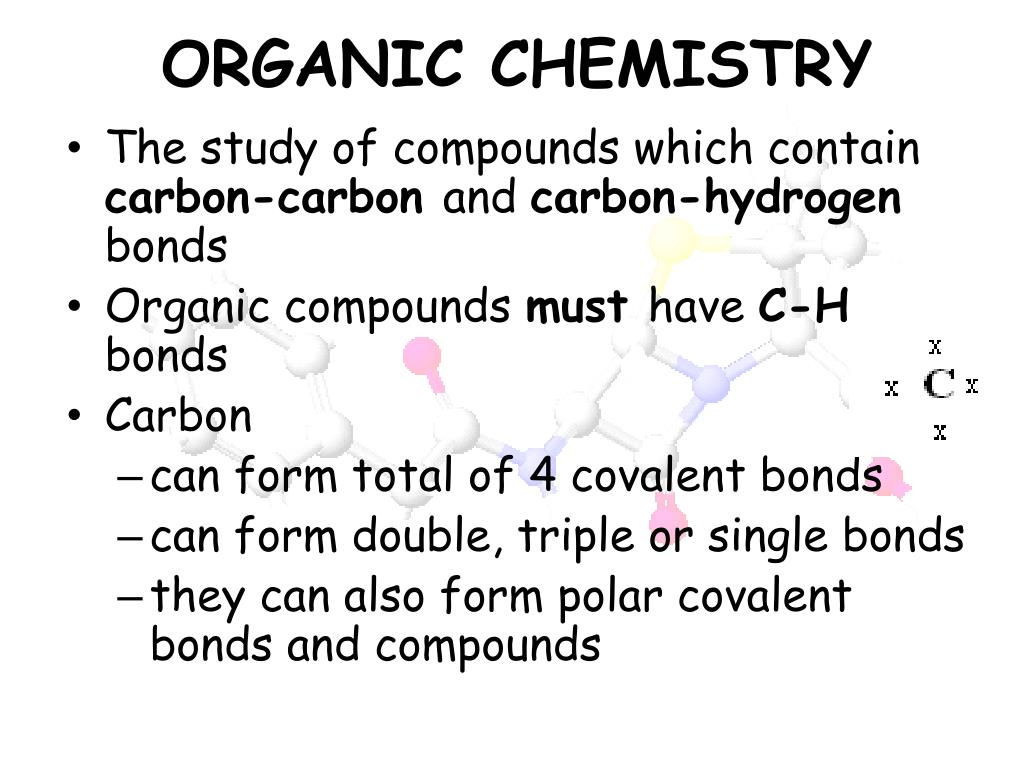Understanding Organic Chemistry Reactions
Organic chemistry can seem intimidating at first glance, with its complex structures and myriad reactions. However, at its core, organic chemistry is a fascinating exploration of the molecules that make up life and the transformations they undergo. In this beginner’s guide, we will delve into the fundamental principles of organic chemistry reactions, breaking down key concepts and providing practical insights to help you grasp this essential branch of chemistry.
What is Organic Chemistry?
Organic chemistry is the study of carbon-containing compounds, which are ubiquitous in living organisms and form the basis of many commercial products. Unlike inorganic chemistry, which primarily deals with non-carbon compounds, organic chemistry focuses on the structures, properties, and reactions of carbon-based molecules. Understanding organic chemistry is crucial for fields ranging from medicine and pharmacology to materials science and agriculture.
Essential Concepts in Organic Chemistry Reactions
Before diving into specific reactions, it’s essential to grasp some foundational concepts that govern organic chemistry reactions:
1. Structural Formulas and Bonding
Molecules in organic chemistry are represented using structural formulas, which show the arrangement of atoms and bonds within a molecule. Understanding bonding (covalent, polar, and non-polar) is crucial because it dictates how molecules interact and react with each other.
2. Functional Groups
Functional groups are specific arrangements of atoms within organic molecules that govern their chemical properties and reactivity. Examples include hydroxyl groups (–OH), carbonyl groups (C=O), and amino groups (–NH₂). Recognizing functional groups helps predict how a molecule will react under different conditions.
3. Reaction Mechanisms
Reaction mechanisms describe the step-by-step pathways through which reactants are transformed into products during a chemical reaction. Mechanisms often involve intermediates and transition states and are crucial for understanding why reactions proceed as they do.
4. Electrophiles and Nucleophiles
Electrophiles are electron-deficient species that seek electron-rich sites (nucleophiles) to react with, forming new bonds. Understanding the roles of electrophiles and nucleophiles is key to predicting reaction outcomes and designing synthetic routes.
Common Types of Organic Chemistry Reactions – Understanding Organic Chemistry Reactions
Organic chemistry reactions can be categorized into several types based on the nature of the transformation. Here are a few of the most prevalent types:
1. Substitution Reactions
One atom or group inside a molecule gets swapped out for another atom or group in substitution processes. This can occur via mechanisms such as nucleophilic substitution (where a nucleophile replaces a leaving group) or electrophilic substitution (where an electrophile replaces a hydrogen atom).
2. Addition Reactions
Addition reactions involve the addition of atoms or groups to double or triple bonds in a molecule, resulting in the formation of new single bonds. For example, the addition of hydrogen halides to alkenes forms halogenoalkanes.
3. Elimination Reactions
Elimination reactions involve the removal of atoms or groups from a molecule, often resulting in the formation of a double bond or triple bond. A common example is the dehydration of alcohols to form alkenes.
4. Oxidation-Reduction (Redox) Reactions
Electrons are transferred between reactants during redox reactions. Oxidation is characterized by the loss of electrons, while reduction involves the gain of electrons. Understanding redox reactions is crucial for understanding metabolic processes and biochemical pathways.
5. Condensation Reactions
Condensation reactions involve the joining of two molecules with the loss of a small molecule, often water. Examples include esterification (formation of esters) and peptide bond formation in proteins.
Regular exercise may lower the risk of cancer | Maya (mayathevoice.com)
Practical Tips for Understanding Organic Chemistry Reactions – Understanding Organic Chemistry Reactions
1. Practice Drawing Mechanisms
Drawing reaction mechanisms helps reinforce your understanding of how molecules interact during a reaction. Begin with basic reactions and then progress to more intricate ones.
2. Understand the Role of Solvents and Catalysts
Solvents and catalysts play crucial roles in organic chemistry reactions. Solvents provide a medium for reactions to occur, while catalysts speed up reactions without being consumed themselves.
3. Use Models and Visualization Tools
Molecular models and visualization tools can aid in understanding the spatial arrangement of molecules and predicting how they will react. These tools are especially helpful when studying stereochemistry and three-dimensional structures.
4. Learn from Practical Examples
Real-world examples of organic chemistry reactions, such as drug synthesis or natural product extraction, can provide context and motivation for learning. Understanding the applications of organic chemistry can make the subject more engaging and relevant.
Healthy Habits for Computer Users | Maya (mayathevoice.com)
Resources for Further Learning – Understanding Organic Chemistry Reactions
1. Textbooks and Reference Books
Invest in a good organic chemistry textbook that covers the fundamentals and includes practice problems and solutions. Reference books on organic reaction mechanisms can also be valuable.
2. Online Courses and Tutorials
Many universities and online platforms offer free or paid courses in organic chemistry. These courses often include lectures, quizzes, and interactive modules to enhance your learning experience.
3. Chemical Databases and Journals
Explore chemical databases and journals to stay updated on the latest research and discoveries in organic chemistry. Websites like Reaxys and Scifinder provide access to vast repositories of chemical information.
4. Peer Support and Study Groups
Joining study groups or online forums dedicated to organic chemistry can provide opportunities to discuss challenging concepts, share study tips, and collaborate on problem-solving.
Conclusion
Organic chemistry reactions are the cornerstone of understanding how molecules interact and transform in the presence of different reagents and conditions. By mastering fundamental concepts, learning common reaction types, and applying practical tips, you can build a solid foundation in organic chemistry. Remember, patience and persistence are key to mastering this intricate yet rewarding field of study.
Whether you’re a student embarking on your organic chemistry journey or a curious enthusiast eager to delve deeper into the molecular world, embracing the principles outlined in this guide will empower you to navigate and appreciate the complexities of organic chemistry reactions. Happy exploring!




I enjoy the efforts you have put in this, thanks for all the great posts.
I am glad to be a visitant of this double dyed weblog! , regards for this rare information! .